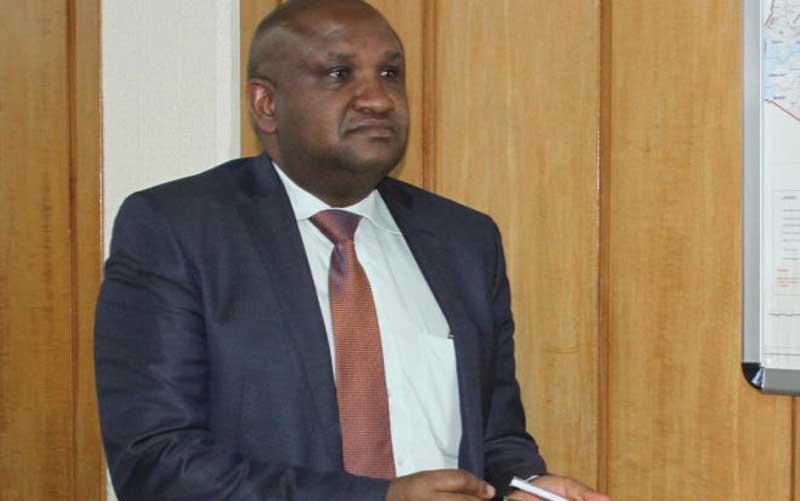×
The Standard e-Paper
Stay Informed, Even Offline

In the last three months, no government agency has been as busy as the Kenya Revenue Authority (KRA).
President Uhuru Kenyatta’s administration is fast running out of leg-room for borrowing, but with a sluggish economy it is also difficult to collect more taxes. As a result, KRA has been tasked to come up with a magical formula to keep the government machinery running.